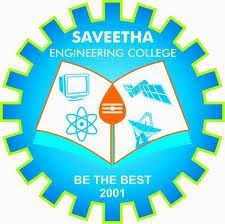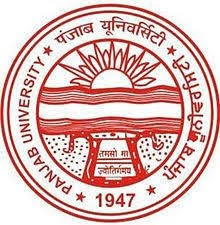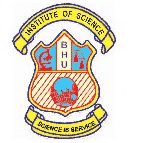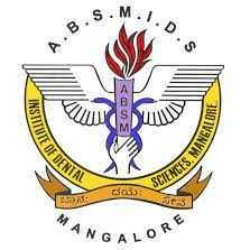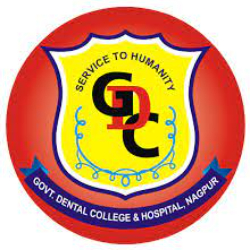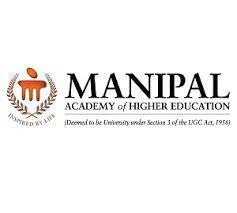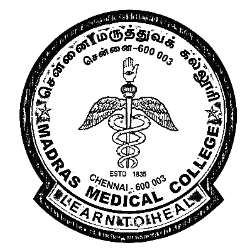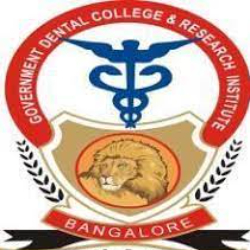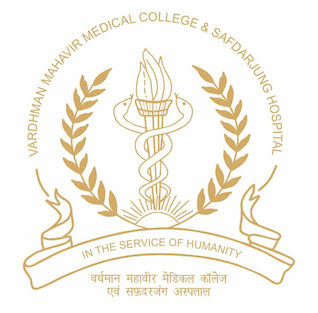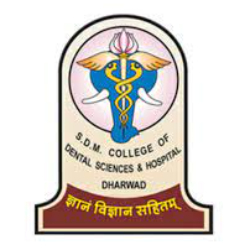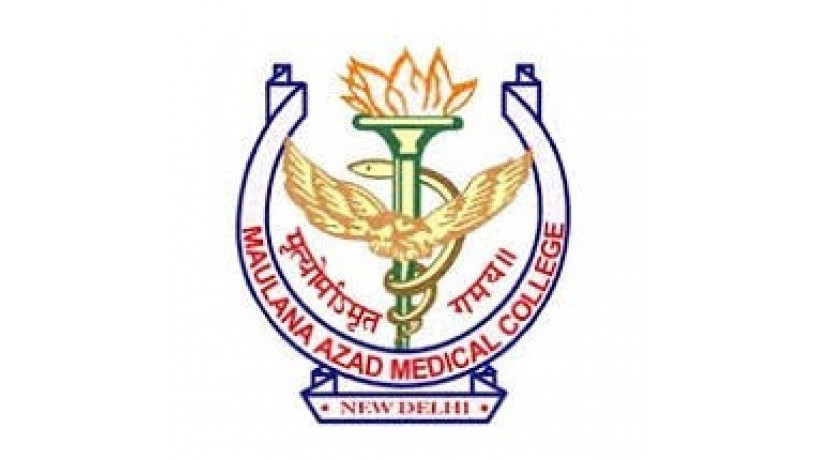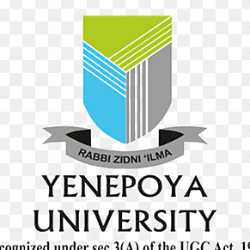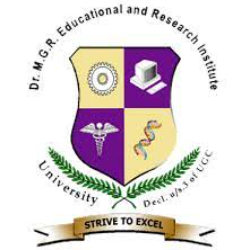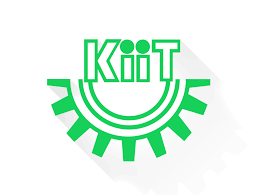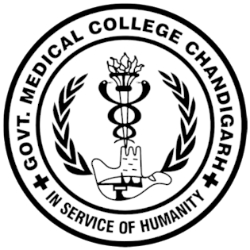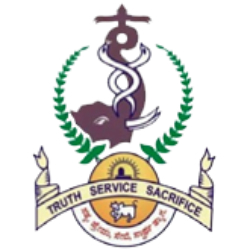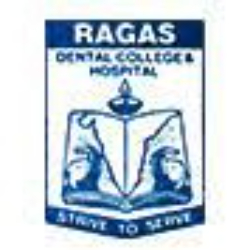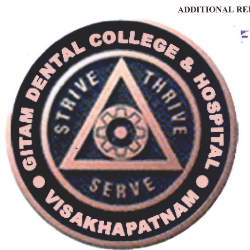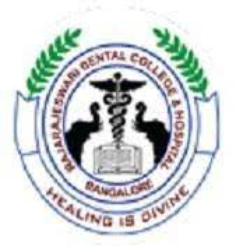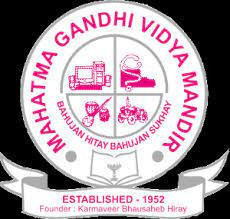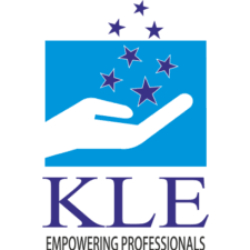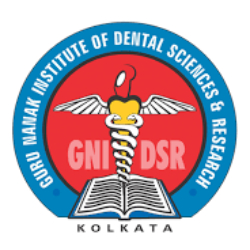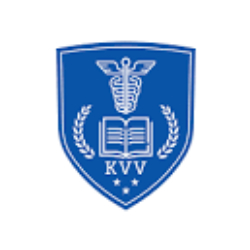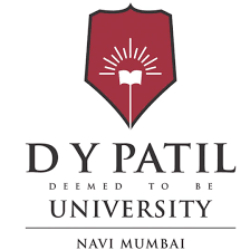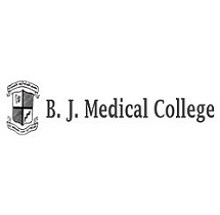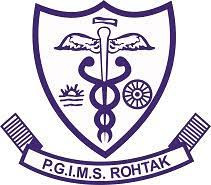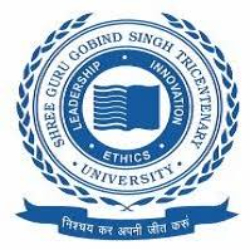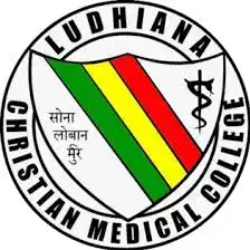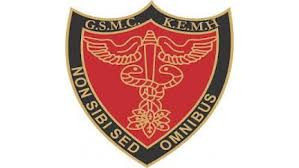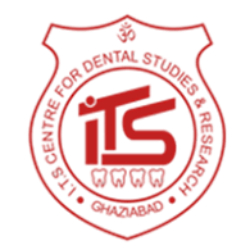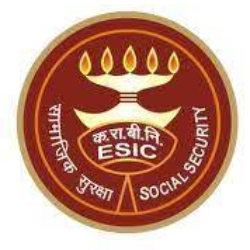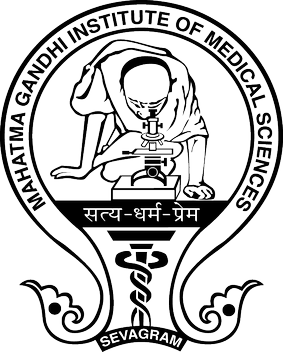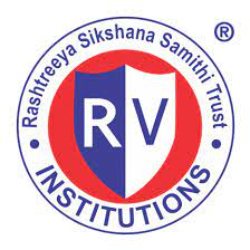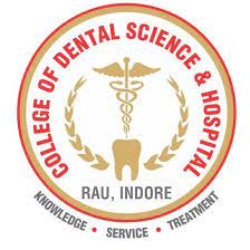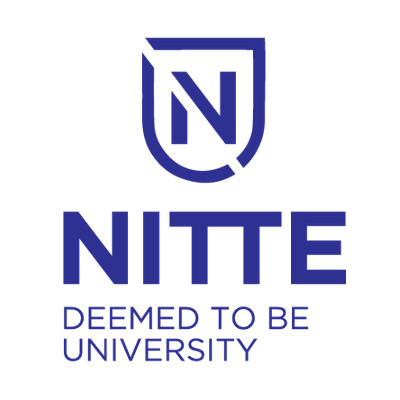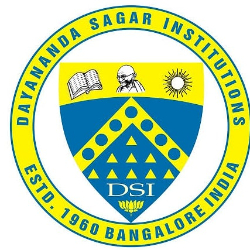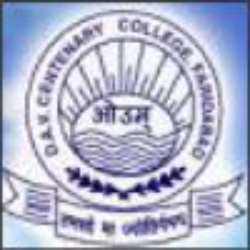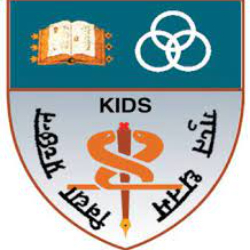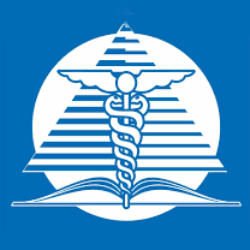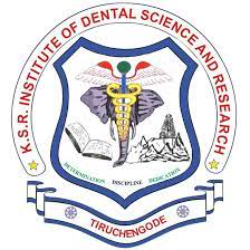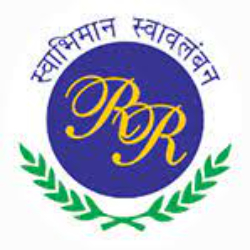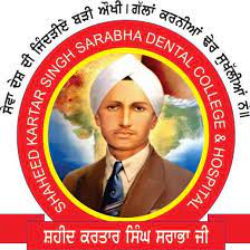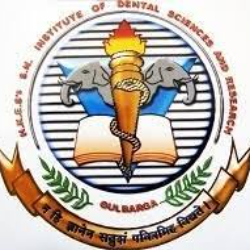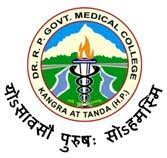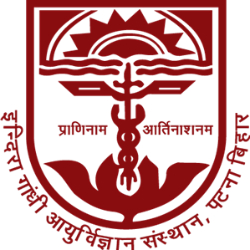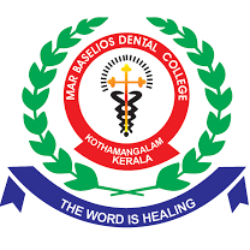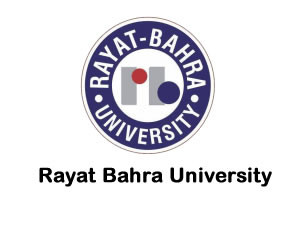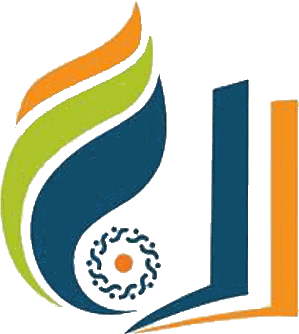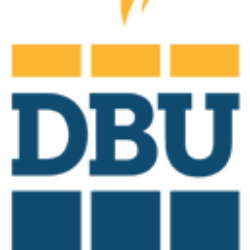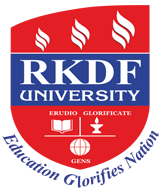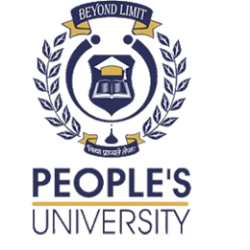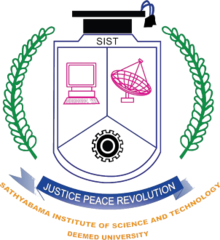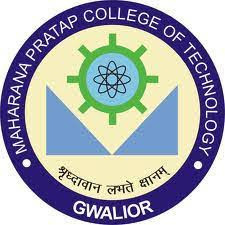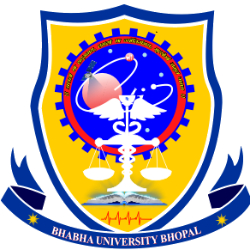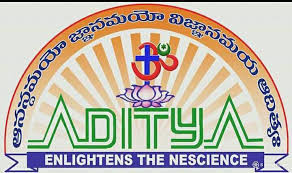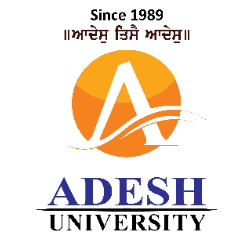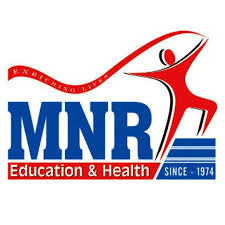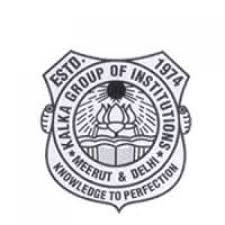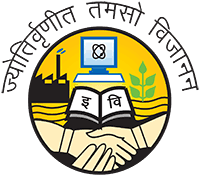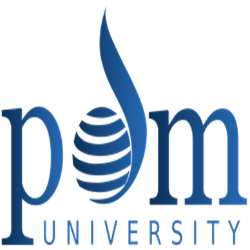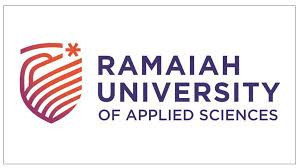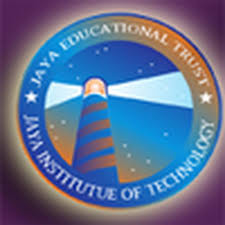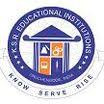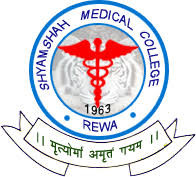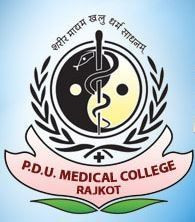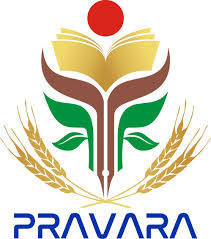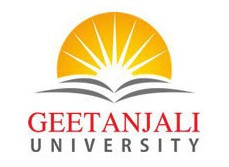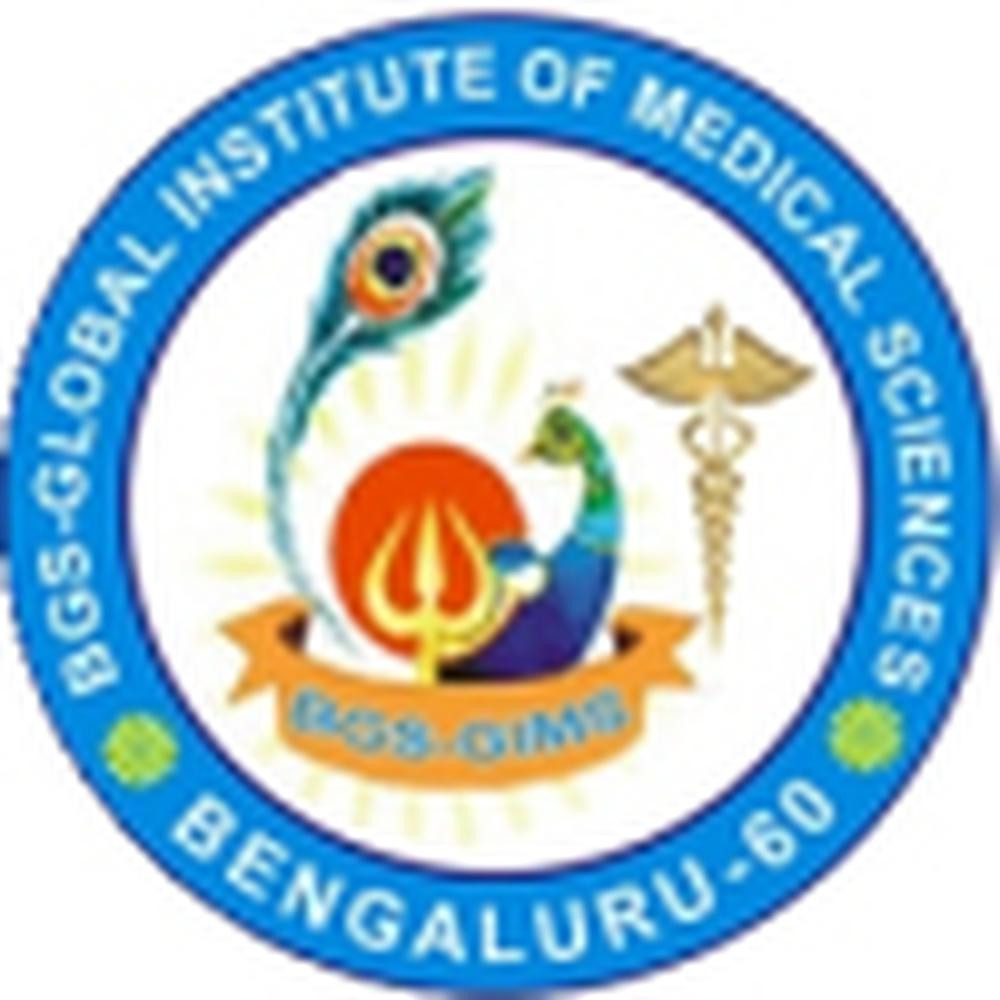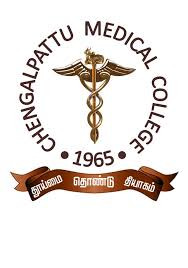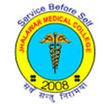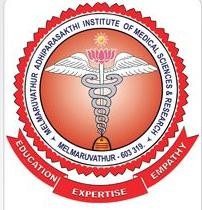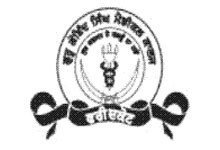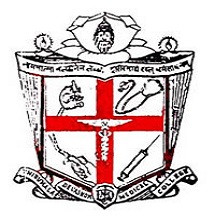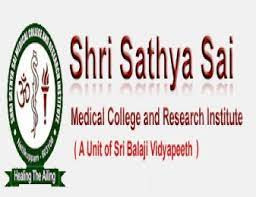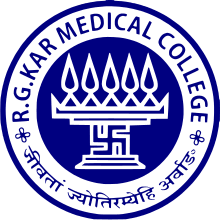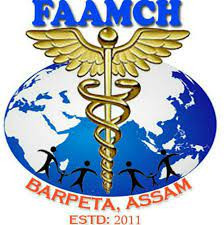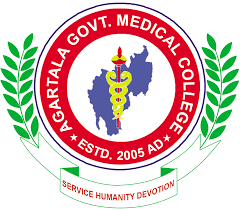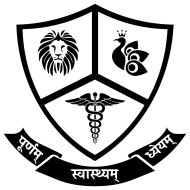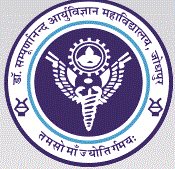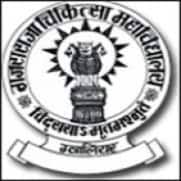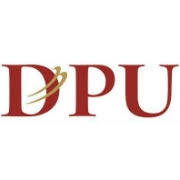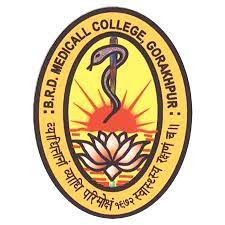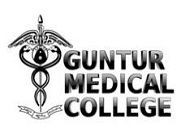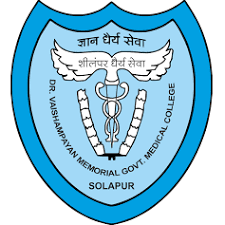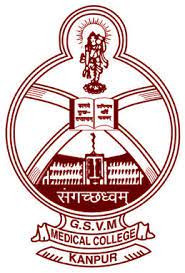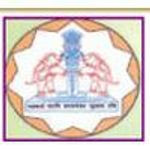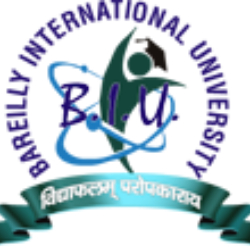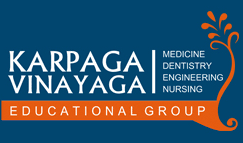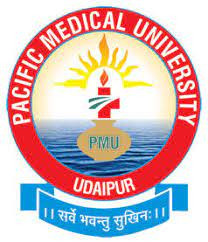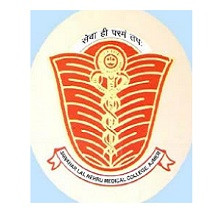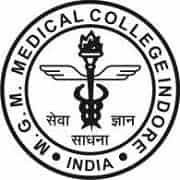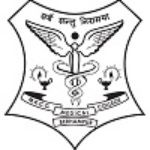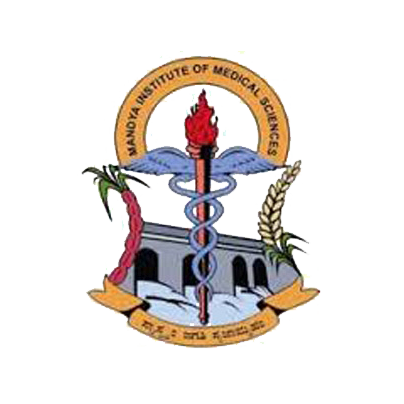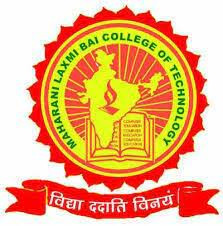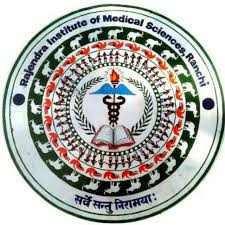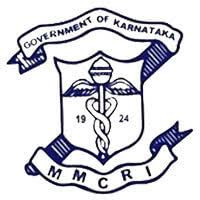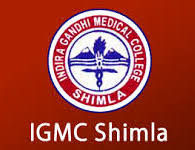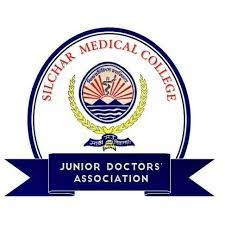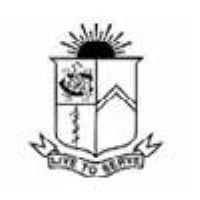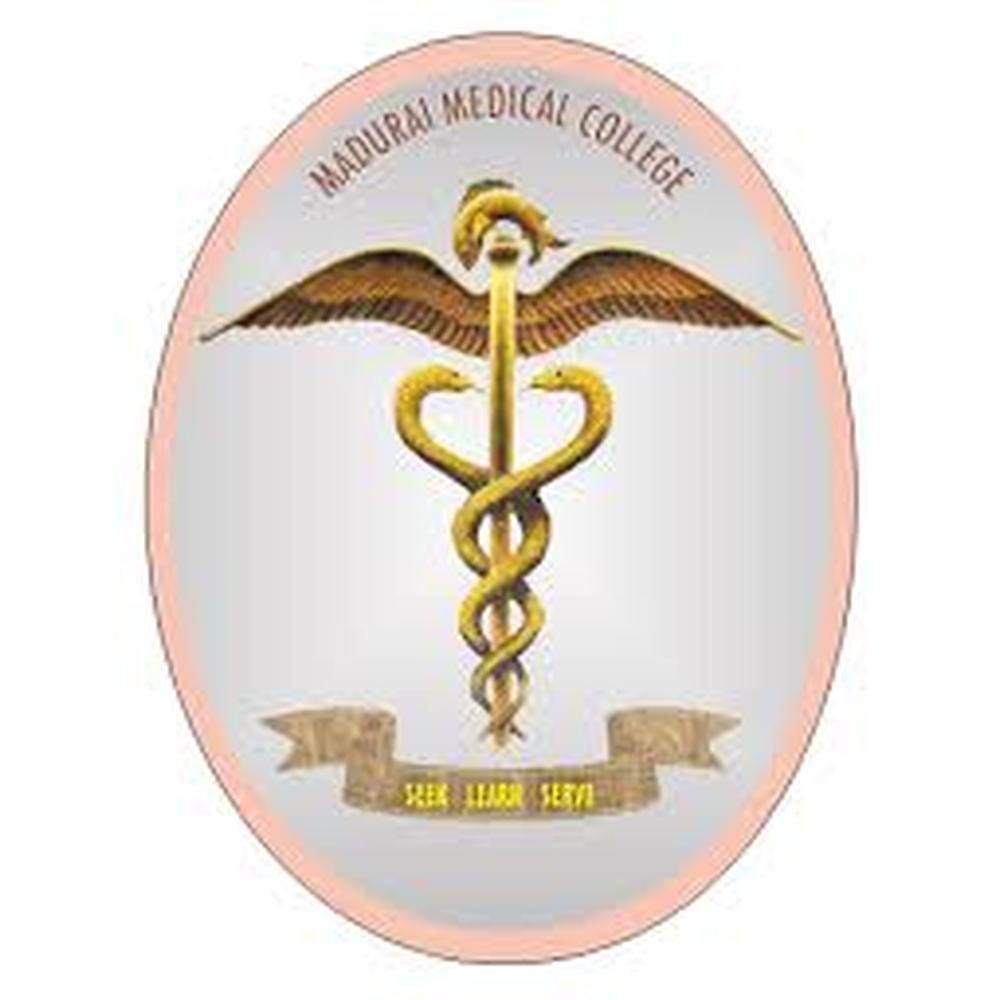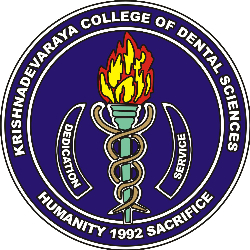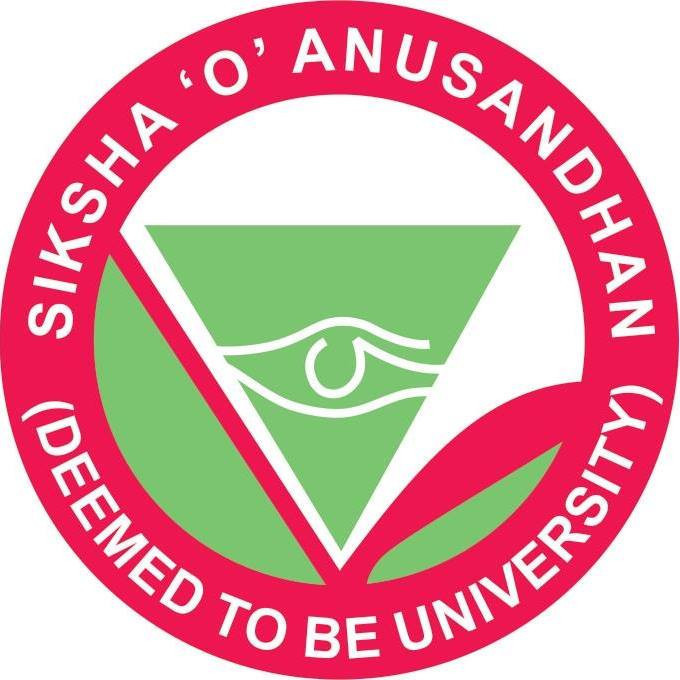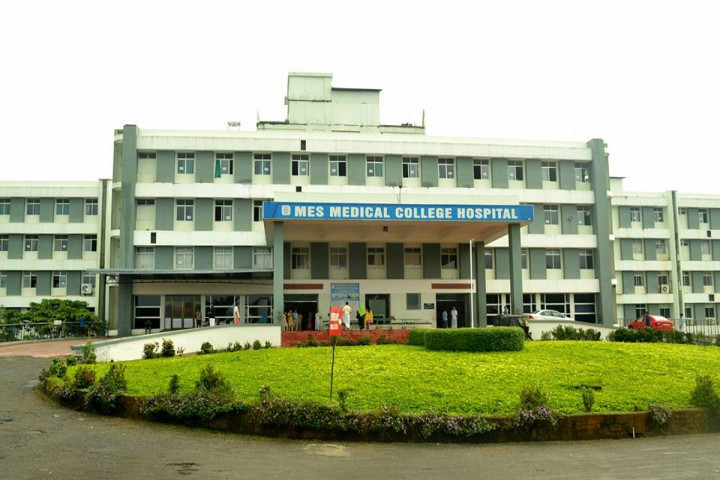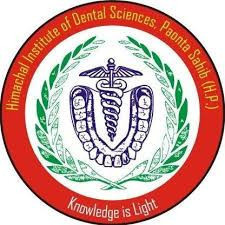Bachelors of Dental Surgery
BDS, or Bachelor of Dental Surgery, is a five-year bachelor's degree program that includes a year-long rotational internship that all students must complete to graduate with distinction. The fundamental BDS subjects help students comprehend general human physiology and biochemistry, nutrition and dietetics, general and dental pharmacology, and other topics.
The BDS job scope is broad, with chances in various disciplines, including general dentistry, oral and maxillofacial surgery, paediatric dentistry, oral pathology, dental public policy, administration, and so forth. The average entry-level BDS graduate earns INR 3.05 LPA.
Highlights: -
|
Degree Name |
Bachelor of Dental Surgery |
|
Level |
Undergraduate |
|
Duration of the course |
5 years |
|
Eligibility |
12th in Biology with minimum 50% Aggregate marks |
|
Education mode |
Full-time |
|
Admission Process |
Merit and Entrance Exams |
|
Entrance Exams |
NEET UG. |
|
Fees of the course |
Rs 2,000 - Rs 70.00 Lakhs |
Eligibility Criteria: -
- Candidates must complete 12th with Biology from a recognised board.
- Candidates must have secured a minimum of 50% aggregate marks.
- Candidates must clear the cut off of the entrance exam for admission in Dental.
Syllabus for Dental:
The Dental syllabus will vary from college to college, but the course aims and subjects shall remain the same; the subject distribution over the syllabus may differ, but the study matter remains consistent. Nevertheless, candidates should check the official website to know the complete syllabus. Here is a general guide to Dental syllabus design, as commonly followed by Indian colleges:
|
Semester 1 |
Semester 2 |
|
General Human Anatomy, Embryology & Histology |
Dental Materials |
|
General Human Physiology & Biochemistry, Nutrition and Dietetics |
Preclinical Prosthodontics and Crown and Bridge |
|
Dental Anatomy, Embryology, and Oral Histology |
|
|
Semester 3 |
Semester 4 |
|
General Pathology & Microbiology |
Preclinical Prosthodontics and Crown and Bridge |
|
General & Dental Pharmacology, Therapeutics |
Oral Pathology & Oral Microbiology |
|
Preclinical Conservative Dentistry |
|
|
Semester 5 |
Semester 6 |
|
General Medicine |
Oral & Maxillofacial Surgery |
|
General Surgery |
Oral Medicine & Radiology |
|
Oral Pathology & Microbiology |
Orthodontics & Dentofacial Orthopedics |
|
Conservative Dentistry & Endodontics |
Pediatric & Preventive Dentistry |
|
Semester 7 |
Semester 8 |
|
Orthodontics & Dentofacial Orthopedics |
Oral and Maxillofacial Surgery |
|
Oral Medicine & Radiology |
Prosthodontics & Crown and Bridge |
|
Pediatric & Preventive Dentistry |
Conservative Dentistry & Endodontics |
|
Periodontology |
- |
FAQs
- Can I do BDS without NEET?
No, one cannot do BDS without taking the NEET examinations.
- What are the subjects in BDS 1st year?
Human Anatomy, Human Physiology, Dental Anatomy, Dental Materials, Embryology and Histology are the subjects which are taught to the students in the 1st year of the course.
- What is the average placement package for BDS?
The average placement package for BDS is INR 14.75 LPA.
- Is the Dental course hard?
Dental school can be nearly as challenging as Medical school. The considerable amount of studying required of dental school students causes many of them to suffer. It contains a wealth of Dental knowledge that must be applied in practice in addition to being memorised.
- What are the eligibility criteria for BDS?
Aspiring candidates need to fulfil the following criteria to study BDS:
- Must complete 12th in Physics, Chemistry, Biology, and English with a 50% aggregate marks.
- Must pass NEET UG.
Masters of Dental Surgery
MDS is a three-year postgraduate degree in dentistry that focuses on advanced clinical skills and knowledge in a variety of speciality areas, including orthodontics, endodontics, periodontics, prosthodontics, oral and maxillofacial surgery, paediatric dentistry, and more. MDS courses often include extensive clinical training, research, and hands-on experience in the selected speciality. Graduates of MDS programs frequently work as specialty dentists in private and academic settings.
Highlights: -
|
Degree Name |
Masters of Dental Surgery |
|
Level |
Postgraduate |
|
Duration of the course |
5 years |
|
Eligibility |
BDS with minimum 55% Aggregate marks |
|
Education mode |
Full-time |
|
Admission Process |
Merit and Entrance Exams |
|
Entrance Exams |
NEET MDS. INI CET. |
|
Fees of the course |
Rs 2,000 - Rs 70.00 Lakhs |
Eligibility Criteria: -
- Candidates must have a BDS degree from a dental college/institute recognised by the Dental Council India.
- They should have completed their internship for BDS before taking admission to the MDS course.
- Some dental colleges mention minimum marks in the qualifying degree examination for admissions to the MDS course such as 55% marks in aggregate of all subjects in the BDS course.
- Candidates must have obtained merit ranks in the Dental Entrance Exams
Syllabus for Masters of Dental Surgery:
The Masters of Dental Surgery syllabus will vary from college to college, but the course aims and subjects shall remain the same; the subject distribution over the syllabus may differ, but the study matter remains consistent. Nevertheless, candidates should check the official website to know the complete syllabus. Here is a general guide to Masters of Dental Surgery syllabus design, as commonly followed by Indian colleges:
|
Semester 1 |
Semester 2 |
|
General Pathology and Microbiology |
General and Dental Pharmacology and Therapeutics |
|
Basic Sciences in Dentistry |
Oral Medicine and Radiology |
|
General Human Anatomy including Embryology and Histology |
Basic Oral and Maxillofacial Surgery |
|
General Human Physiology and Biochemistry |
Oral Pathology and Oral Microbiology |
|
Dental Anatomy, Embryology, and Oral Histology |
General Surgery |
|
General Medicine |
|
|
Semester 3 |
Semester 4 |
|
Oral and Maxillofacial Surgery |
Prosthodontics and Crown & Bridge |
|
Orthodontics and Dentofacial Orthopaedics |
Paediatric and Preventive Dentistry |
|
Conservative Dentistry and Endodontics |
Public Health Dentistry |
|
Periodontology |
Conservative Dentistry and Endodontics |
|
Oral Medicine and Radiology |
Orthodontics and Dentofacial Orthopaedics |
|
Semester 5 |
Semester 6 |
|
Clinical Posting in all Specialties |
Clinical Posting in all Specialties |
|
Dissertation Work |
Dissertation Work |
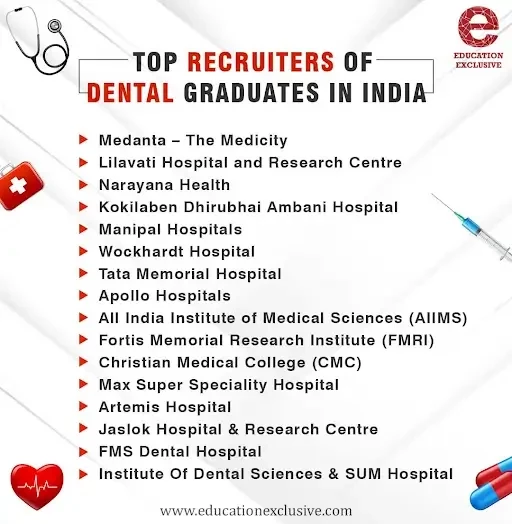
FAQs
- What is the MDS course?
An MDS degree is a postgraduate dental programme. It provides students with specialist knowledge and training to aid them in developing advanced clinical skills, critical thinking, and research ability. The Master of Dental Surgery program prepares students for specialised oral health care and procedures.
- What is the scope of MDS?
Students with an MDS degree have numerous job prospects in both public and private hospitals. Some popular job titles are dentist, dental hygienist, clinical research scientist, general practitioner, lecturer, and so on.
- Is MDS course tough?
Master of Dental Surgery (MDS) is a highly demanding course that requires a lot of hard work and dedication from the students. The course is designed to provide advanced training in various aspects of Dentistry, including oral surgery, Periodontics, Prosthodontics, and Endodontics, among others.
- What is next after MDS?
After completing a MDS degree, there are several career pathways and opportunities available for dentists to further advance their education, skills, and professional growth:
- Clinical Practice: Many MDS graduates choose to pursue careers in clinical practice, either by joining established dental clinics or setting up their own private practices.
- Academia and Research: Some MDS graduates opt for careers in academia and research. Pursuing a PhD in Dentistry or a related field can further enhance opportunities in academia and research.
- Continuing Education and Certification: MDS graduates can engage in continuing education programs, workshops, and conferences to stay updated with the latest developments and earn additional certifications to enhance their skills and credentials.
Other medical courses and specialisations: -
M.D, MBBS, B.Pharm, M.S, B.Sc, M.Pharm, Diploma, M.Sc, Paramedical, Pharmacy, Dietetics & Nutrition, Ayurved.

